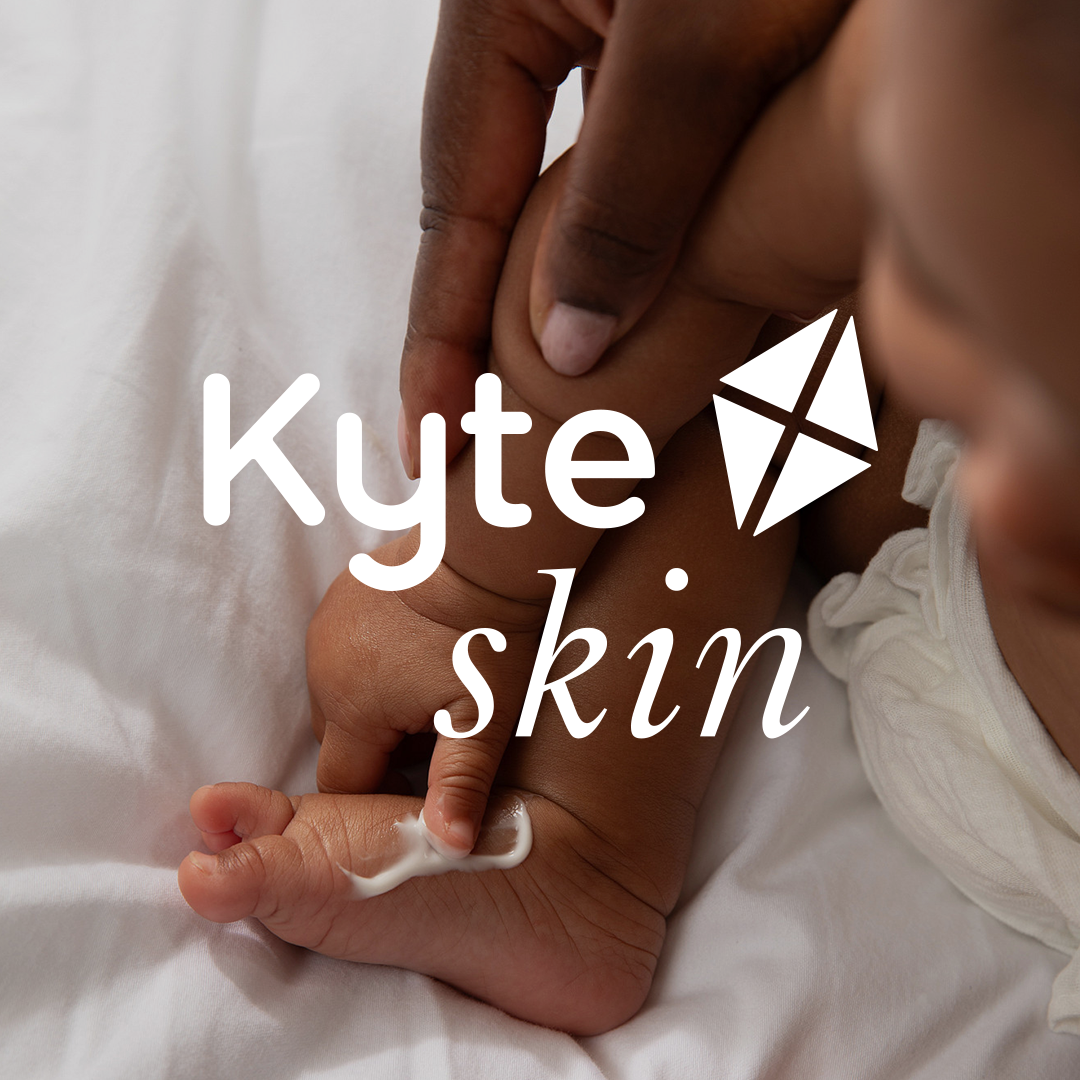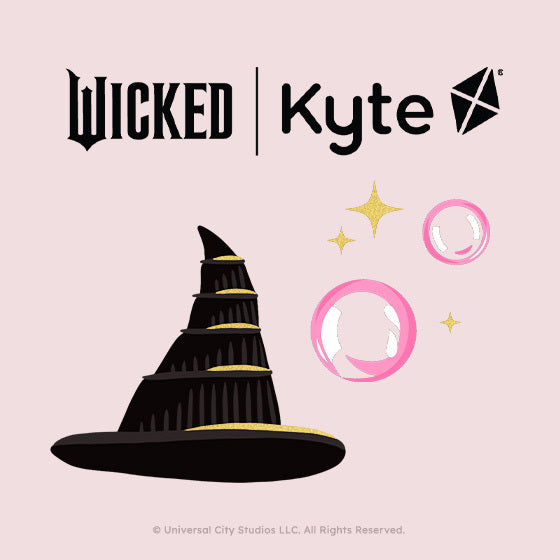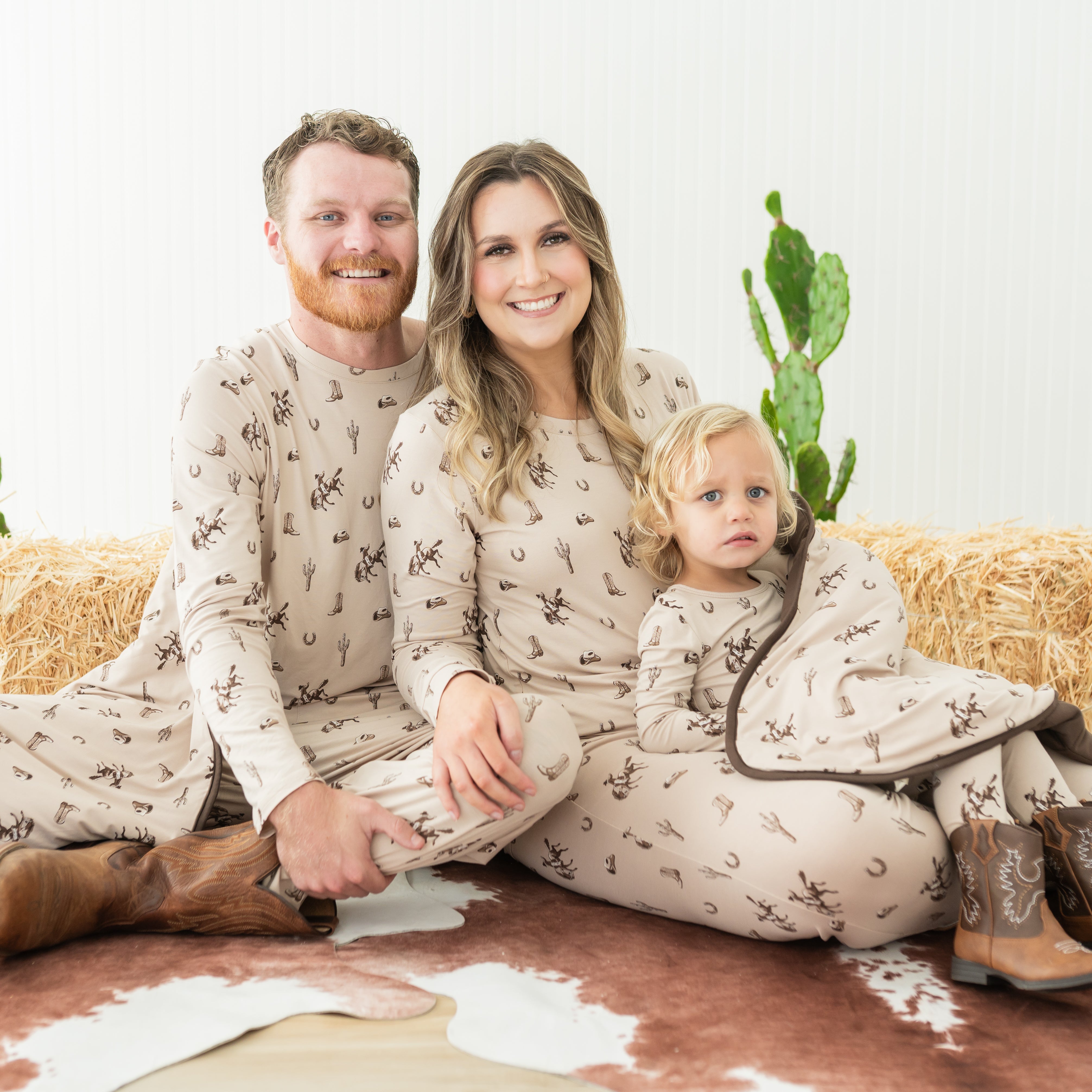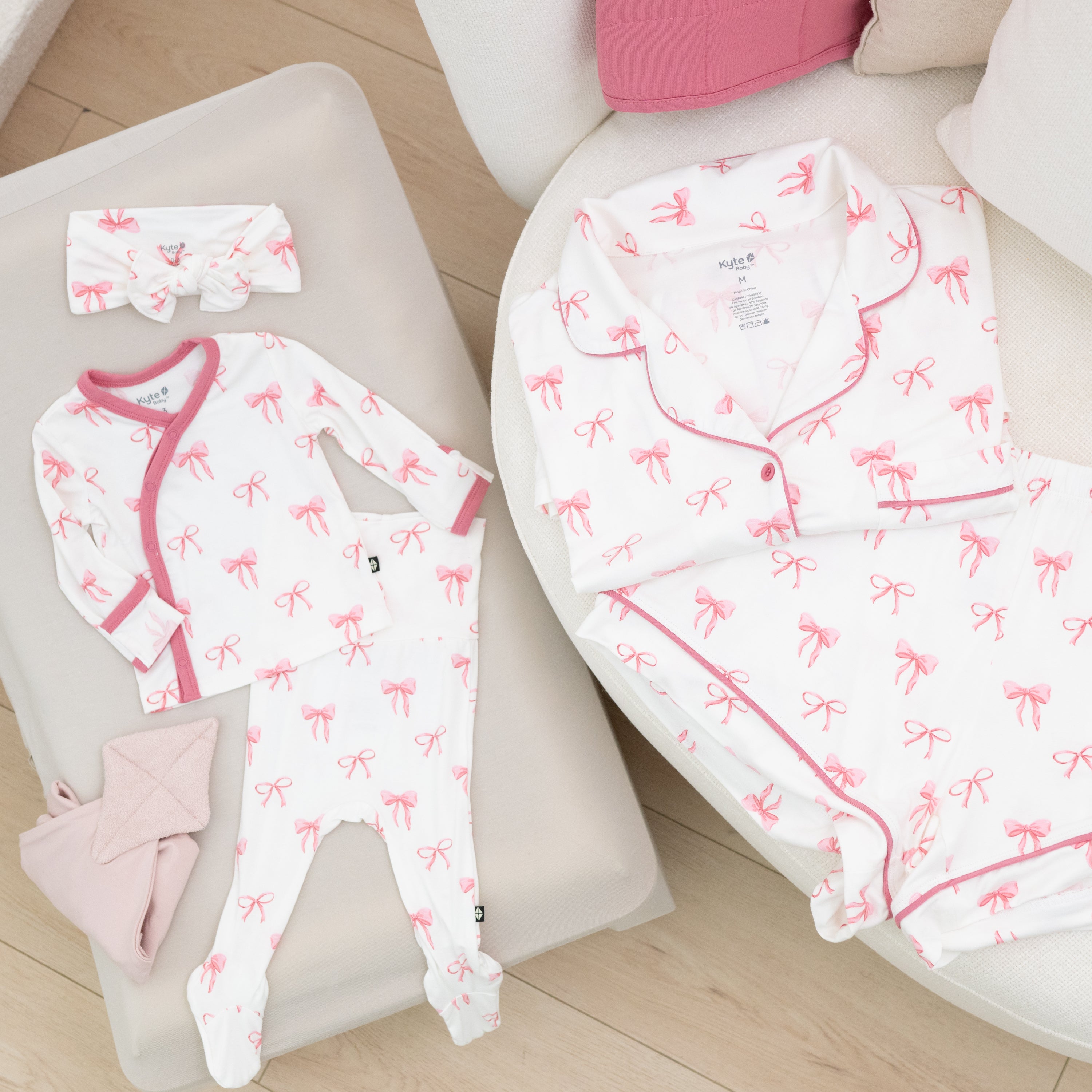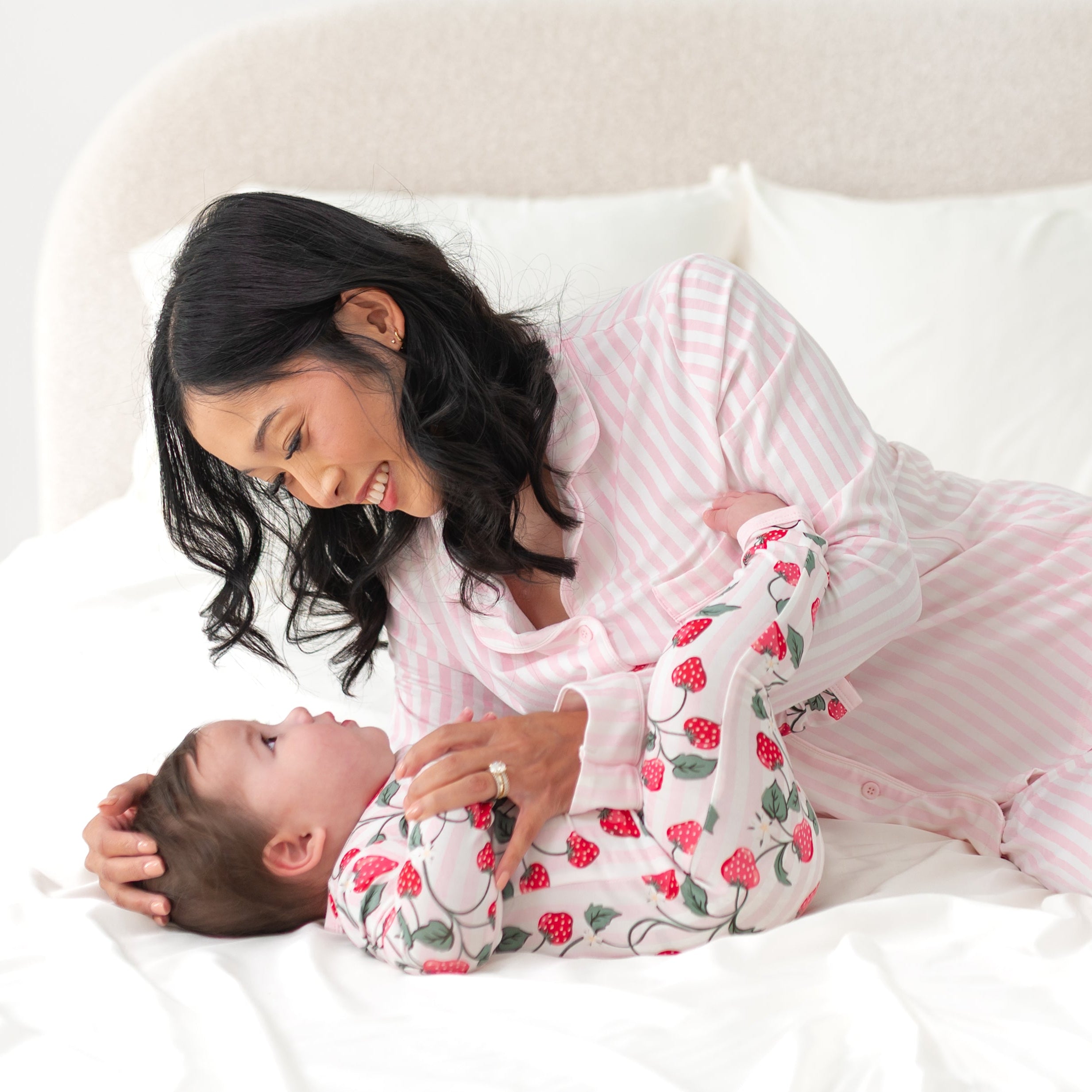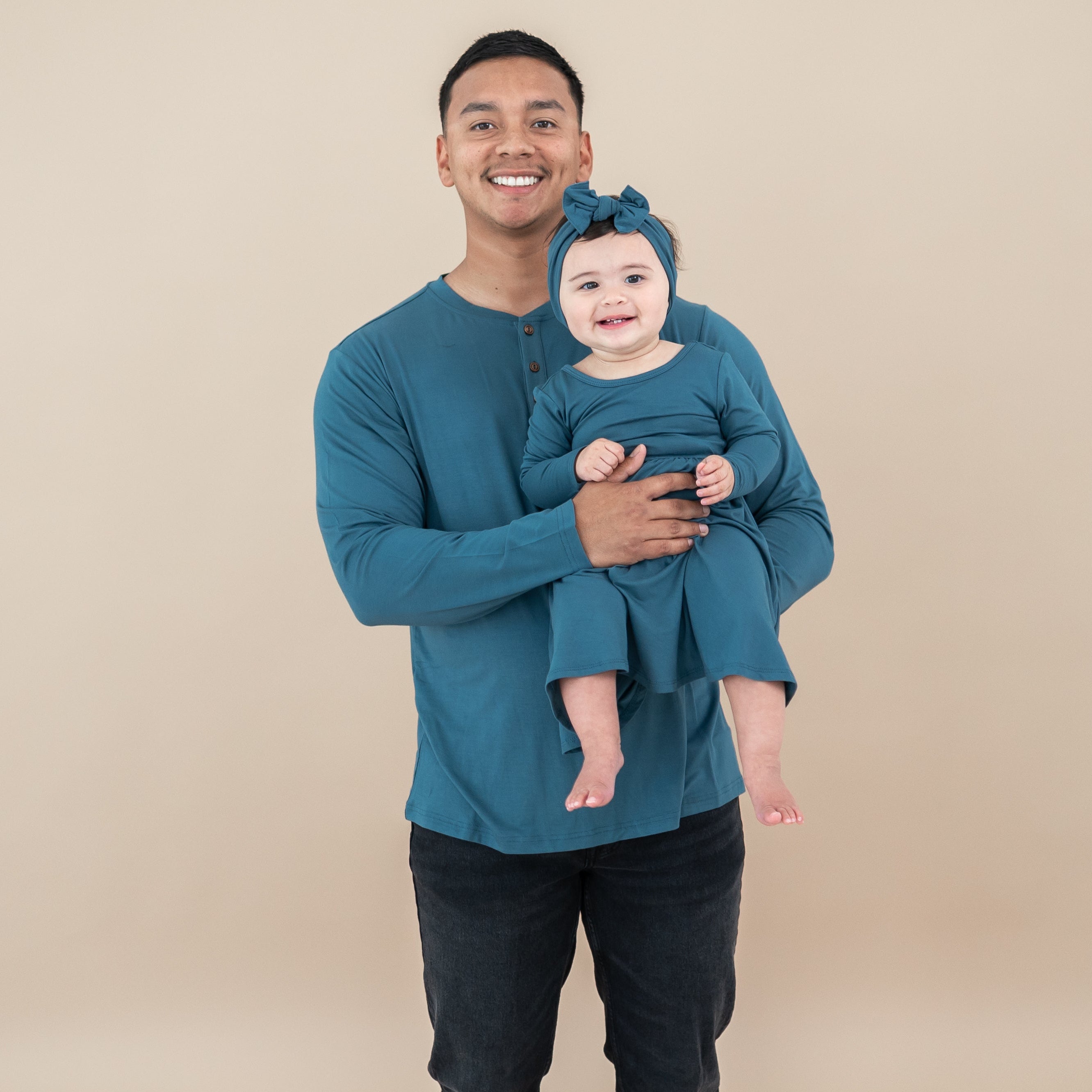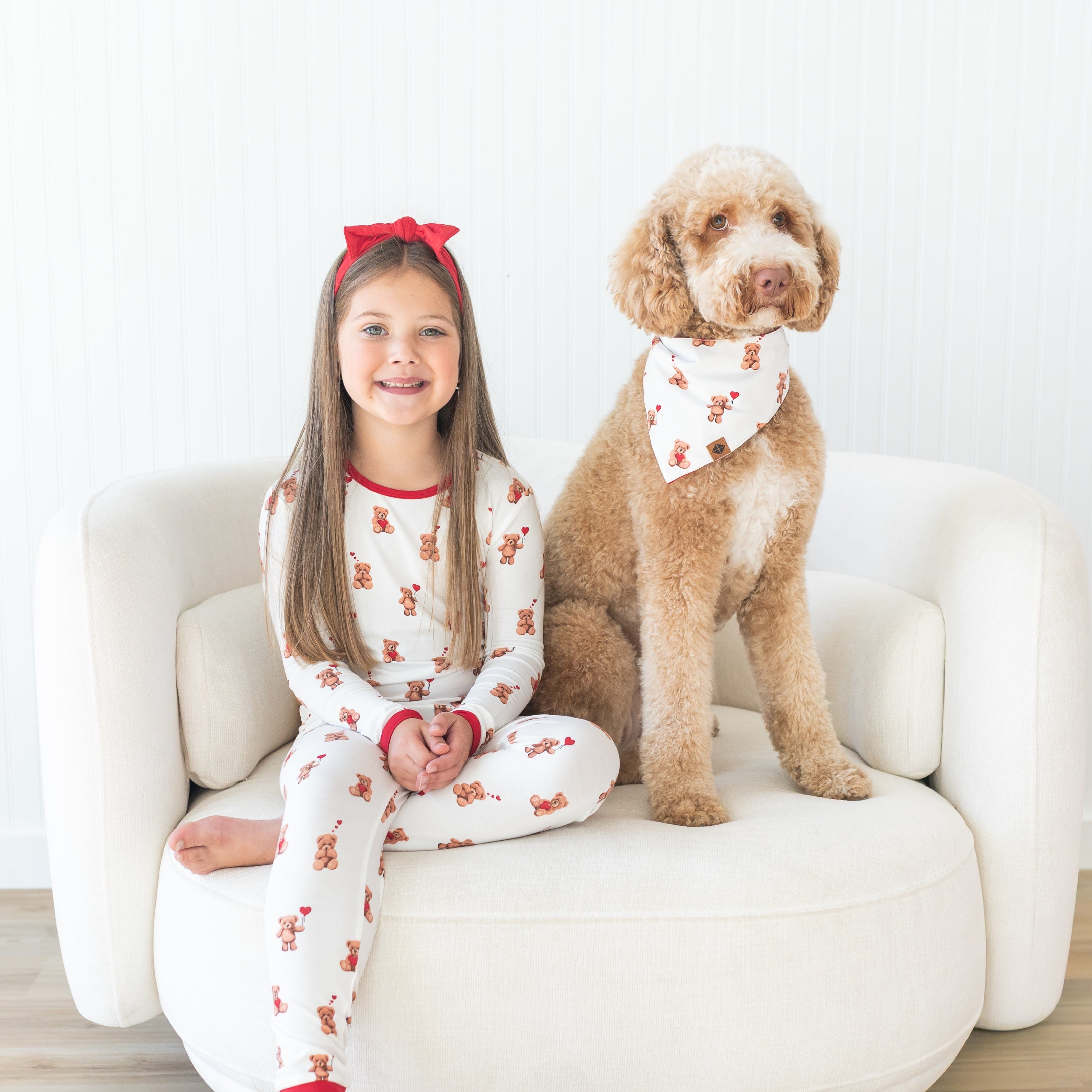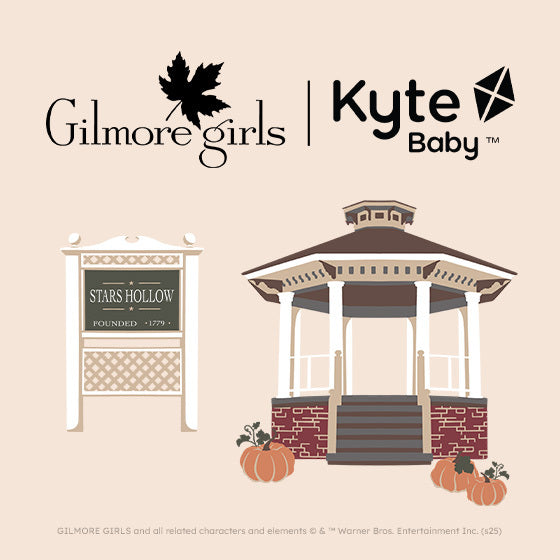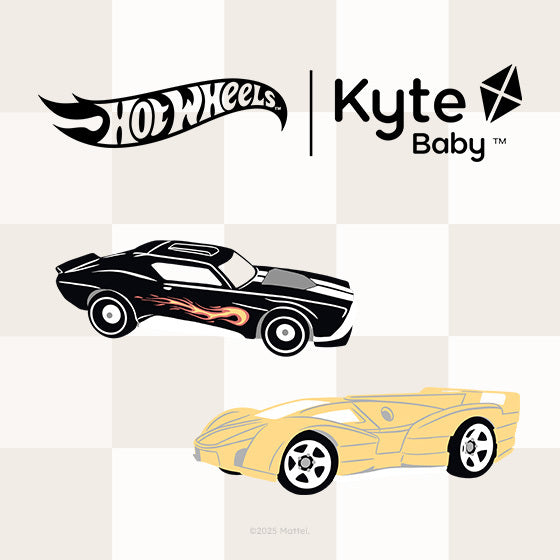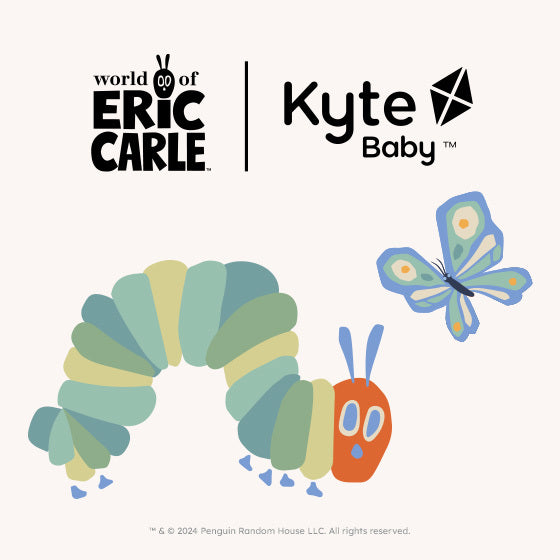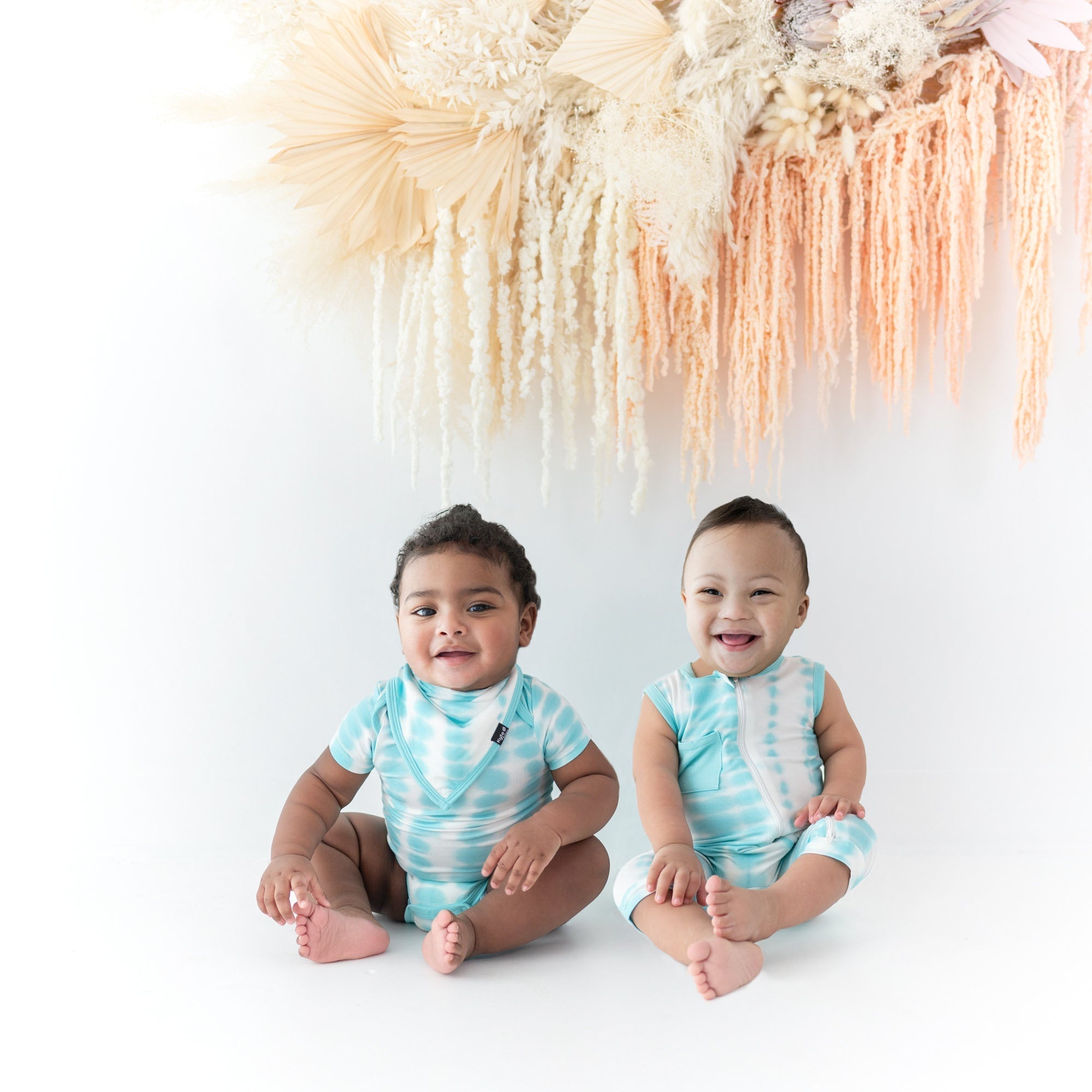Every July is National Cleft and Craniofacial Awareness and Prevention Month, and it’s a time for us to focus our attention on the thousands of infants, children, teens, and adults who are affected by cleft and craniofacial conditions each year. 1 out of every 600 babies born annually in the United States has a cleft lip and/or palate or other craniofacial condition, which can cause an impaired ability to feed, impaired language development, and can also put them at increased risk for ear infections, hearing issues, and dental issues.
Although children with craniofacial differences already have their fair share of unique challenges, they may also encounter unwanted attention throughout their lives, such as staring, teasing, or questions about their appearance. All children, regardless of their appearance, deserve to be treated fairly and equally. Not only can these craniofacial conditions take a medical and emotional toll on these individuals, they can also take a financial toll on their families due to healthcare costs.
Children’s Craniofacial Association
Thanks to organizations like Children’s Craniofacial Association (CCA), a national non-profit headquartered in Dallas, Texas, families are able to receive quality medical care, spread public awareness, and promote social acceptance of those with facial differences. CCA addresses all the concerns that come with having a child with craniofacial differences and works to empower these young individuals and their families.
In honor of National Cleft and Craniofacial Awareness and Prevention Month, we chose Children’s Craniofacial Association as our July charity and the recipient of our $5,000 donation.
Q&A with Kyte Community Member Lorin Messer
In addition to all the incredible work the organization does nationally and internationally, CCA has also been an invaluable resource for one special member in our Kyte community, Lorin Messer. Lorin’s daughter, Finlee June, was born with Treacher Collins syndrome, a rare genetic disorder that is characterized by distinctive craniofacial differences. While their family’s journey after diagnosis has been far from easy, here’s what Lorin wishes people knew about her beautiful daughter:
Q: What birth defect does Finlee have?
A: Finlee June has Treacher Collins syndrome.
Q: What were/are some of the biggest challenges that came with the diagnosis?
A: With Treacher Collins Syndrome being a rare condition, finding the right care team wasn’t the easiest. But, I think the biggest challenge associated with Finlee’s diagnosis is the unknown. It’s not a condition that’s covered, researched, or explained. I was in pediatrics for a few years before having my babies…I had never even heard the term before the day our Finlee June arrived.
Q: How has the diagnosis impacted your day-to-day life?
A: Oh boy, drastically. I went from a SAHM (stay-at-home mom) of 1 to a SAHM of 2 with a self-taught nursing degree. I learned more in the 6 weeks Finlee was in the NICU than I feel I did in 2 years of college. Getting out of the house now requires 3 diaper bags, 1-2 full of medical supplies. I used to forget my first daughter’s diapers & wipes at home, so I’ve had to stay on my A-game with Finlee! Check out the video, "A day in the life of Finlee June & Fam," below.
Q: What advice would you give parents of children with the same birth defect?
A: If I could tell the parents of a sweet, new Treacher Collins baby one thing, it would most definitely be that it does get better. We are 11 months in and it keeps getting better. Those first few days, weeks, even months are so fragile and scary. But, once you buckle up and start driving, the journey is incredible. I wouldn’t change a thing.
Q: What do you wish other people would know about your child’s birth defect?
A: Treacher Collins Syndrome is the underdevelopment of the facial bones while the baby is in the womb. A random genetic mutation. Neither her dad or I are responsible. With that being said, her face may not look like yours, but her brain does function exactly the same…she understands. She may not have ears like yours, but thanks to her hearing aid…she hears. Always, always, always remember to be kind.
Q: In what ways has your child inspired you?
A: I don’t know if there’s enough room in my post to talk about all the different ways Finlee June has inspired me. She is tiny, but mighty. She has the strength of a million grown men and then some. She smiles from the minute she wakes up to the minute she falls asleep (might even smile a few times in her sleep too!) She has inspired me to live & to love with everything I have. She is proof that there is something good in every day, you just have to be willing to get up and look for it.
Q: How has Children’s Craniofacial Association helped your family?
A: The Children’s Craniofacial Association is so dear to our family. Being born with a craniofacial condition typically means surgeries are going to be required at some point, probably sooner than later. In Finlee’s case, multiple were required quickly to ensure her survival. Before each of them, the CCA sent our family the most heartfelt care packages. Not only were their feel-better gifts for Finlee inside, but always stuff for her big sister Maylee too! Each package came with a card covered in the most positive words, making you feel empowered before the big day. Knowing these packages were coming gave us something to look forward to. That is only one example of the many things CCA does to help craniofacial families, they are a phenomenal organization and we are so happy to know that they are in our corner every step of the way.


